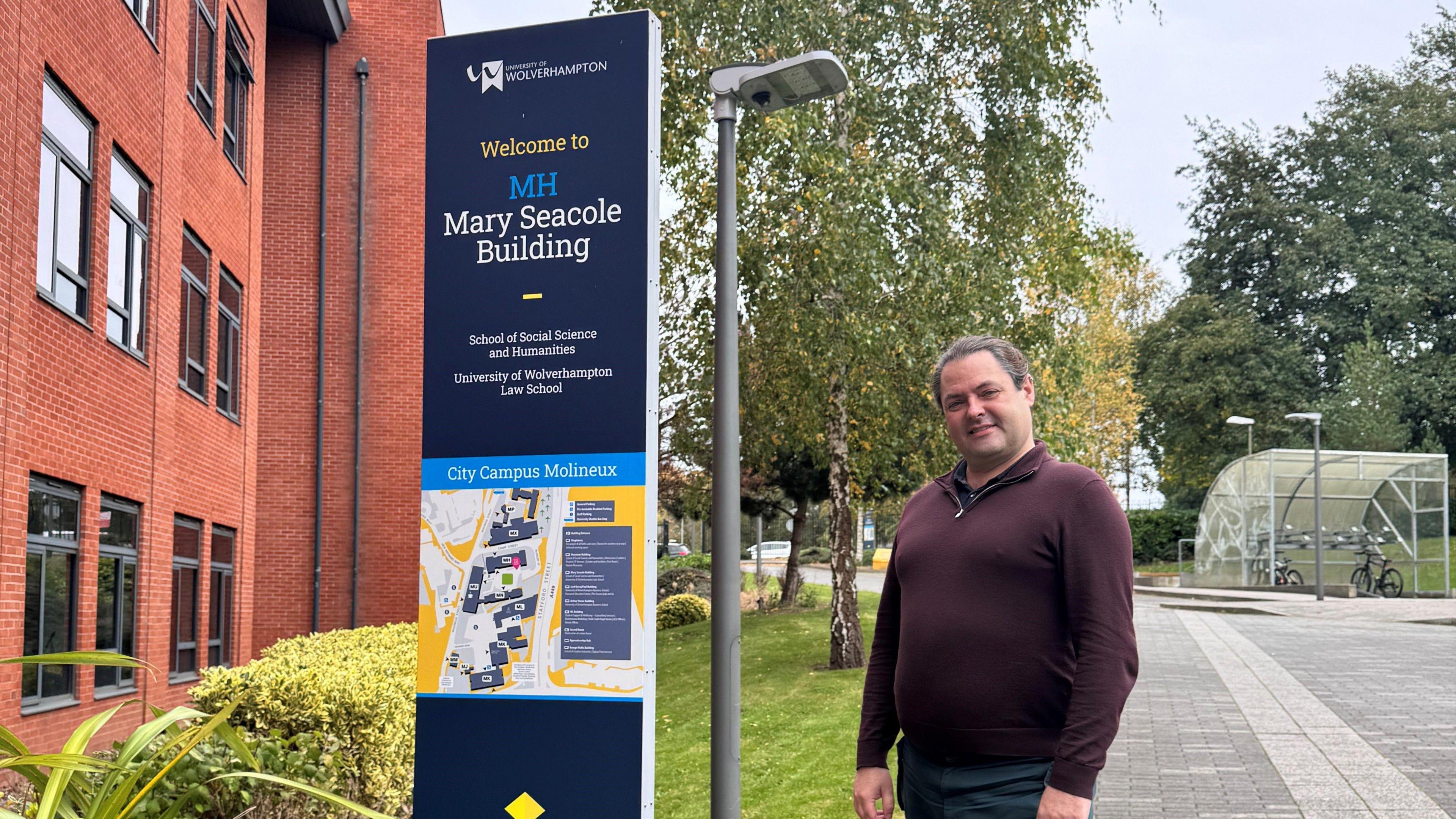Deaf people criticise hospital interpreter delays
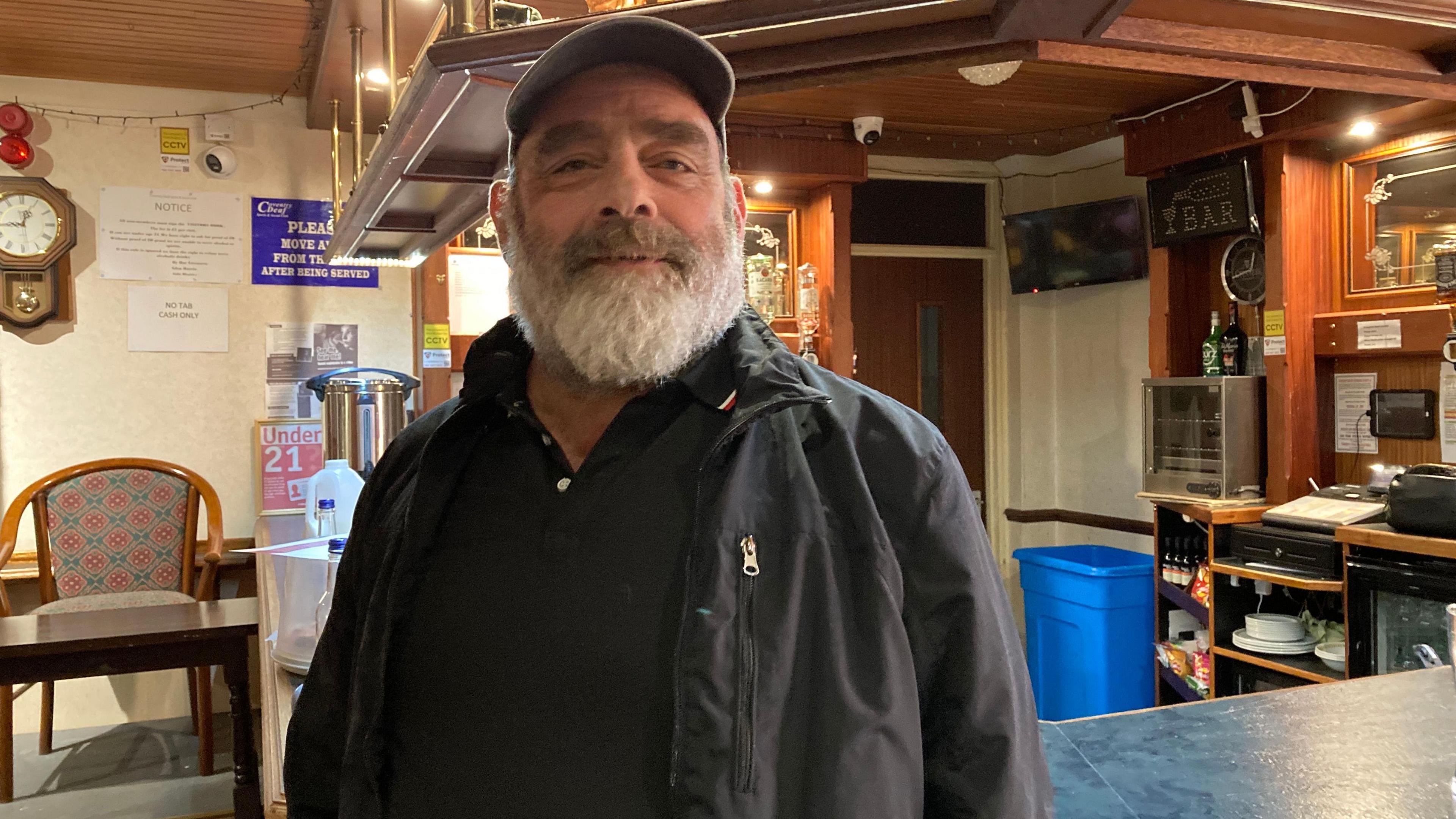
Terry Murray said he was in hospital for 24 hours without an interpreter
- Published
A deaf man who spent 24 hours in hospital without the support of an interpreter said staff were shouting out his name despite being told he could not hear.
Terry Murray, from Rugby, is among a group of NHS patients to have been left feeling frustrated or vulnerable at a city hospital because of a lack of sign language interpreters.
The Coventry and Warwickshire Association for the Deaf (CWAD) said it had received more than 100 complaints over delays in getting access to interpreters at University Hospital Coventry.
The trust running the hospital said its interpreter service provider LanguageLine Solutions would be engaging with CWAD.
Mr Murray told BBC Radio CWR he was taken to hospital with potential brain issues and asked for an interpreter but was not given one for 24 hours.
He said he had a CT scan and an MRI but the staff could not explain anything for him because there was nobody who knew sign language.
"They just basically took me, put me in, I had the scan and then was told to leave," he said.
Mr Murray said his assistant arrived and asked the staff whether they were aware he was deaf because they were shouting his name.
Another CWAD service user said such situations could have safety implications.
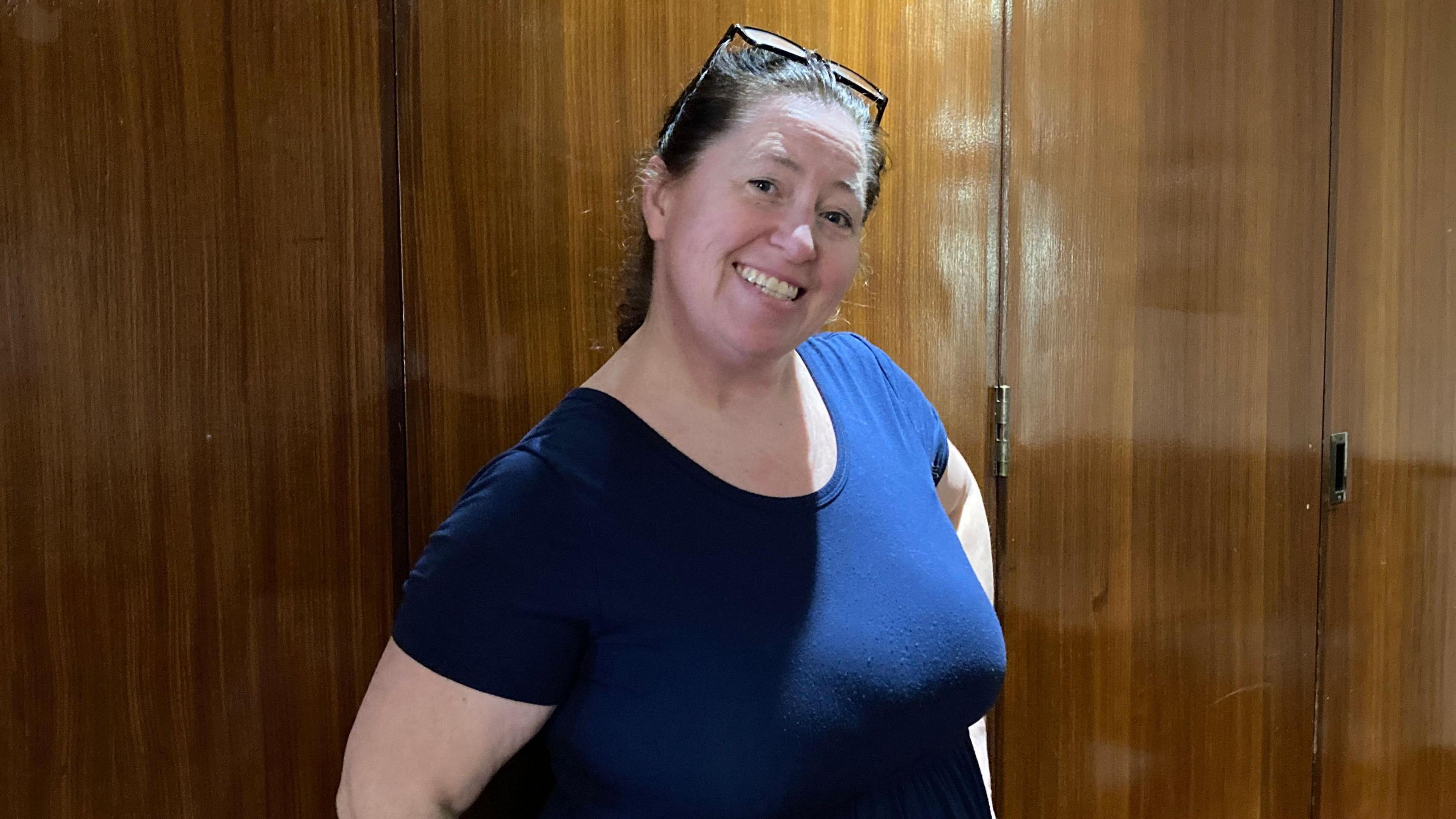
Helen Patterson said deaf patients sometimes felt vulnerable at hospital without interpreters
Helen Patterson, from Solihull, said she requested an interpreter four or five times in advance before hospital appointments but none had been there when she arrived.
She said it felt like a waste of her time and money, adding that she had sometimes been offered an interpreter over a video link but said there were often connection issues.
"If we're sat there as deaf people, we don't know if there's a fire alarm, if there's a bomb or if there's an emergency," she said.
"We're at risk not having an interpreter present with us. We're very vulnerable."
National hearing loss charity RNID told the BBC that the NHS was "flouting equality law", adding that under the Accessible Information Standard, the NHS should be providing interpreters and accessible means of communication when needed.
According to an RNID report, only 7% of patients across England in need of communication support say they are always provided with it, and a third say they never are.
The RNID said there were serious and widespread failings affecting more than six million adults in England.
The Department of Health and Social Care said the NHS had a "legal duty to ensure all their services are as accessible to deaf people as they are for everybody else".
An NHS spokesperson said all services were responsible for providing clear and suitable communication, with information methods that all patients could understand - including BSL.
Under the Equality Act (2010), health and social care organisations must make reasonable adjustments to ensure that disabled people are not disadvantaged.
The spokesperson added: "NHS England has just refreshed its set of standards to improve the accessibility of information, which includes provision of BSL interpreters online or during face-to-face appointments."
'Enough is enough'
CWAD centre manager Julie Blackley said she wanted to raise awareness of the difficulties after receiving more than 100 complaints, with a further 190 lodged since to make nearly 300 complaints in total.
"We need to make a stand," she said. "Enough is enough. It's not fair for the deaf to suffer.
"People get foreign translators straight away and that's beautiful, that's a beautiful service for them. For deaf people, there's just barrier after barrier."
A spokesperson for University Hospitals Coventry and Warwickshire NHS Trust (UHCW) said the trust was committed to providing accessible services for all patients, included those who use BSL, and 98% of bookings through LanguageLine had been fulfilled.
"However, we are sorry to hear of the experience some patients have shared about their needs not being met whilst in our care," they added. "Every patient deserves to feel respected and safe in our care."
The trust said it was set to engage and consult with local deaf and community groups to address issues and welcomed the opportunity to "listen, learn and improve" its services.
A spokesperson for LanguageLine Solutions said the company was pleased to engage with the association to identify the challenges they have faced.
"We will continue to work closely with UHCW to improve services and ways of working, resulting in a more consistent level of support for deaf and deafblind patients," they said.
Get in touch
Tell us which stories we should cover in Warwickshire
Follow BBC Coventry & Warwickshire on BBC Sounds, Facebook, external, X, external and Instagram, external.
- Published15 September
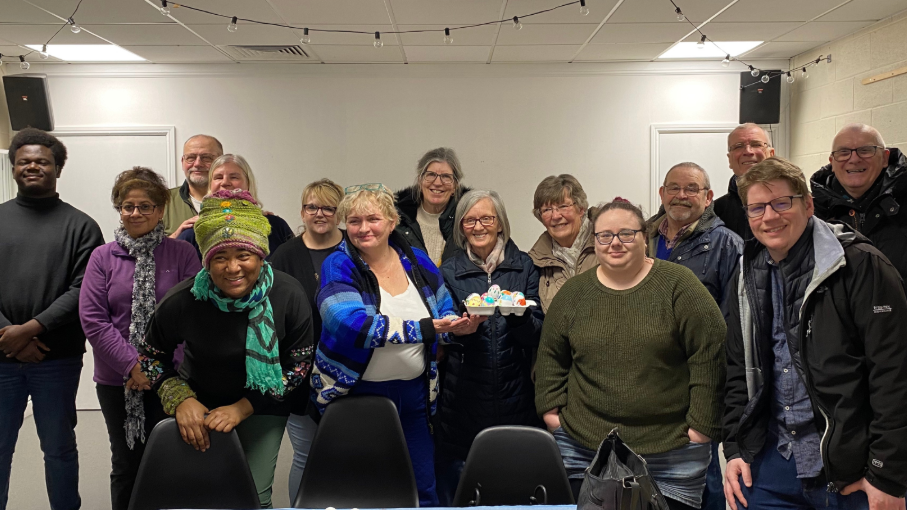
- Published11 July
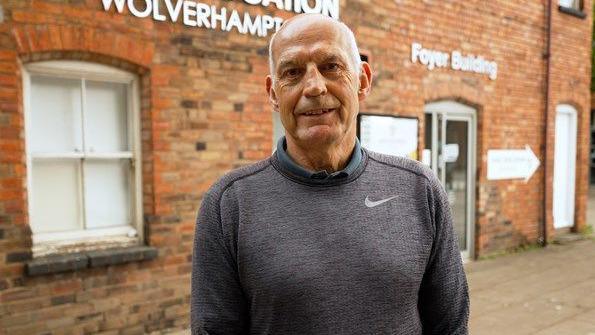
- Published2 November 2024
